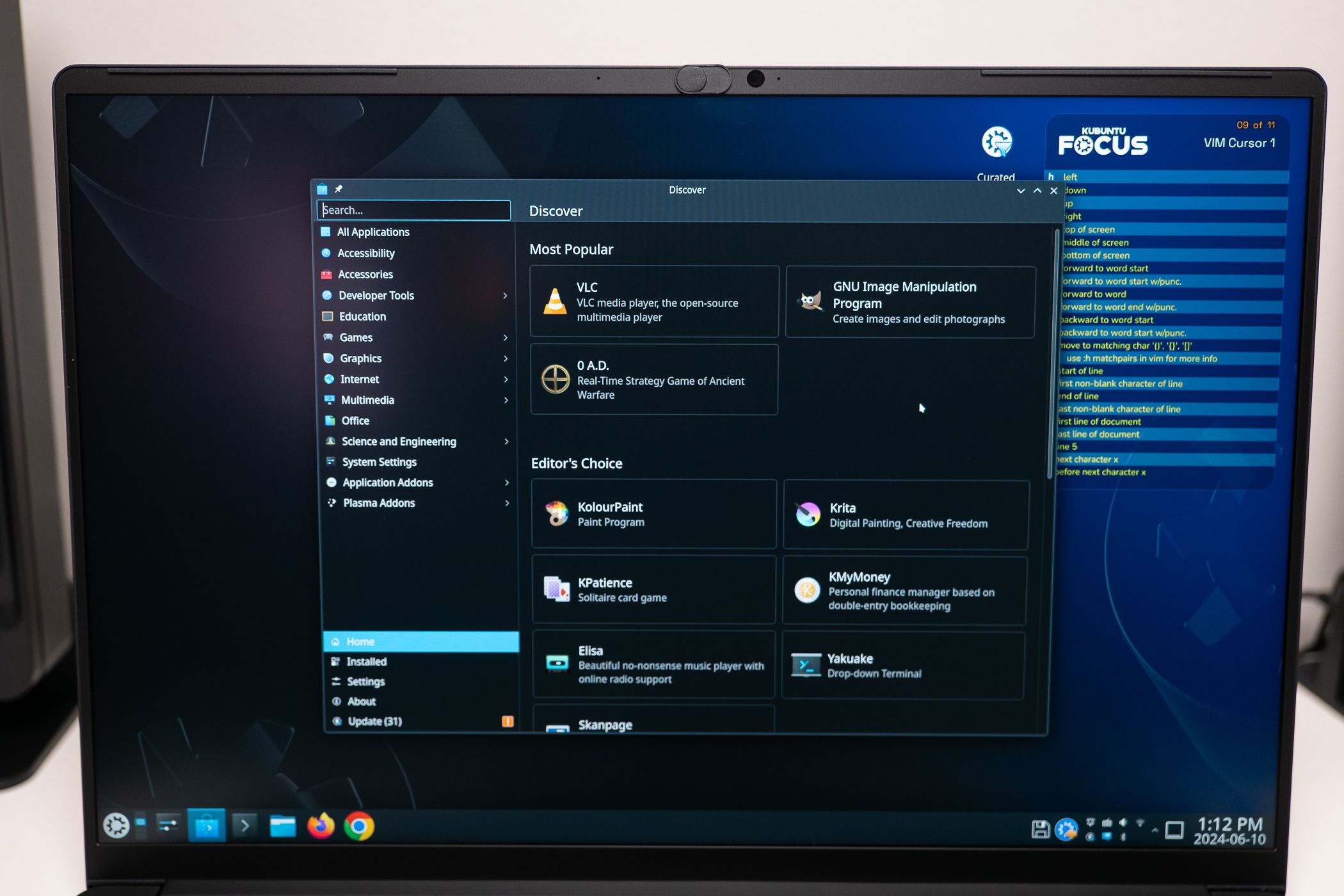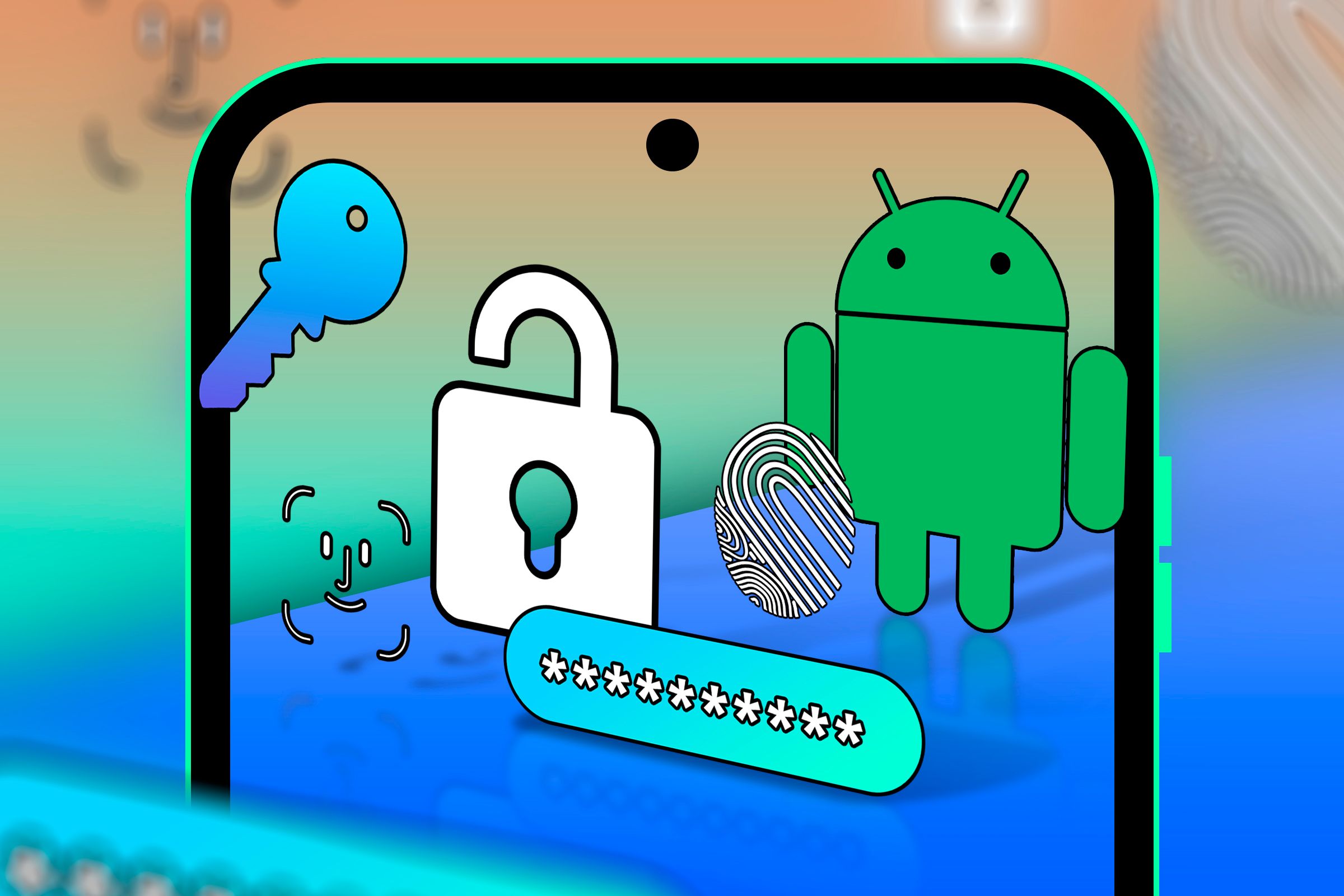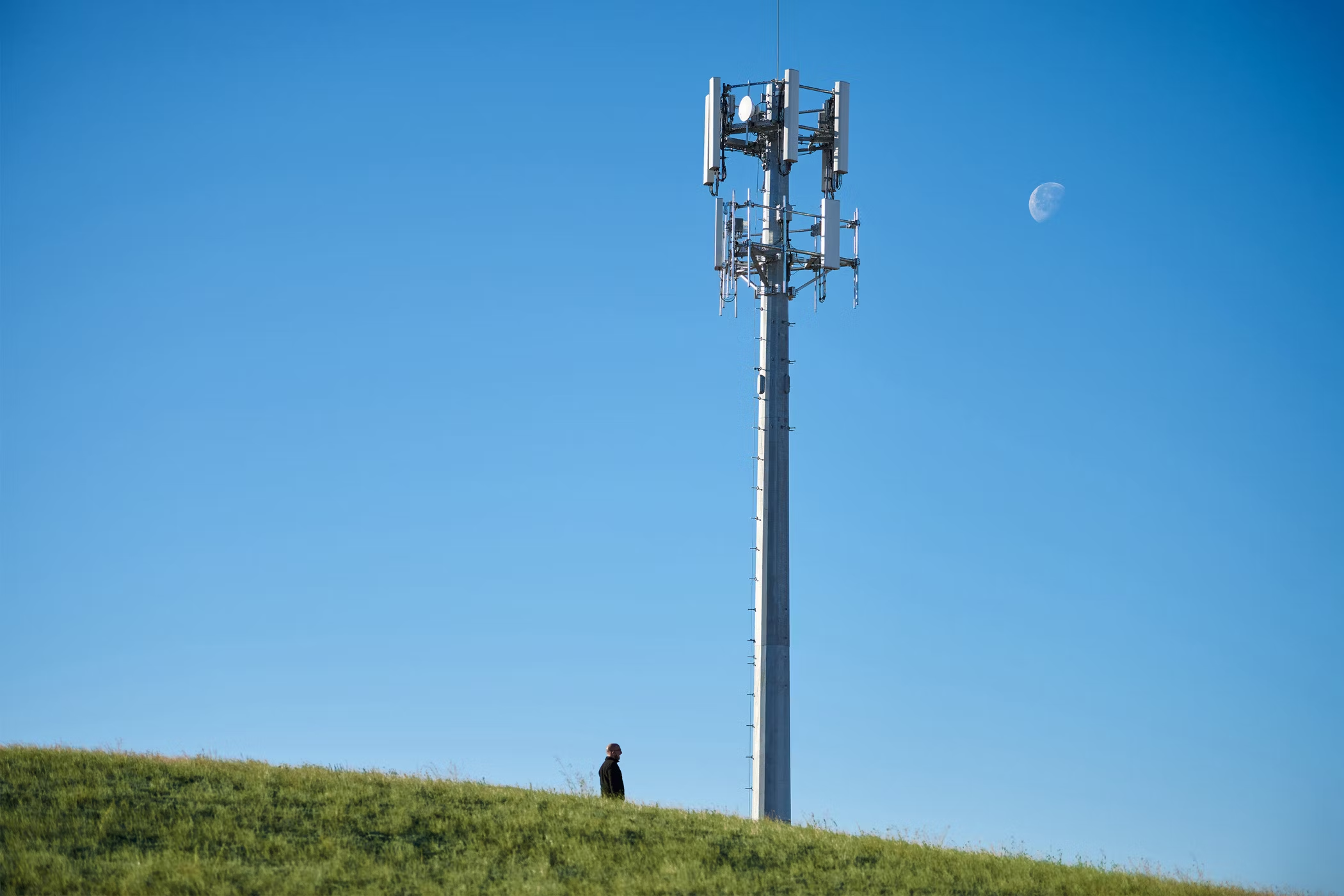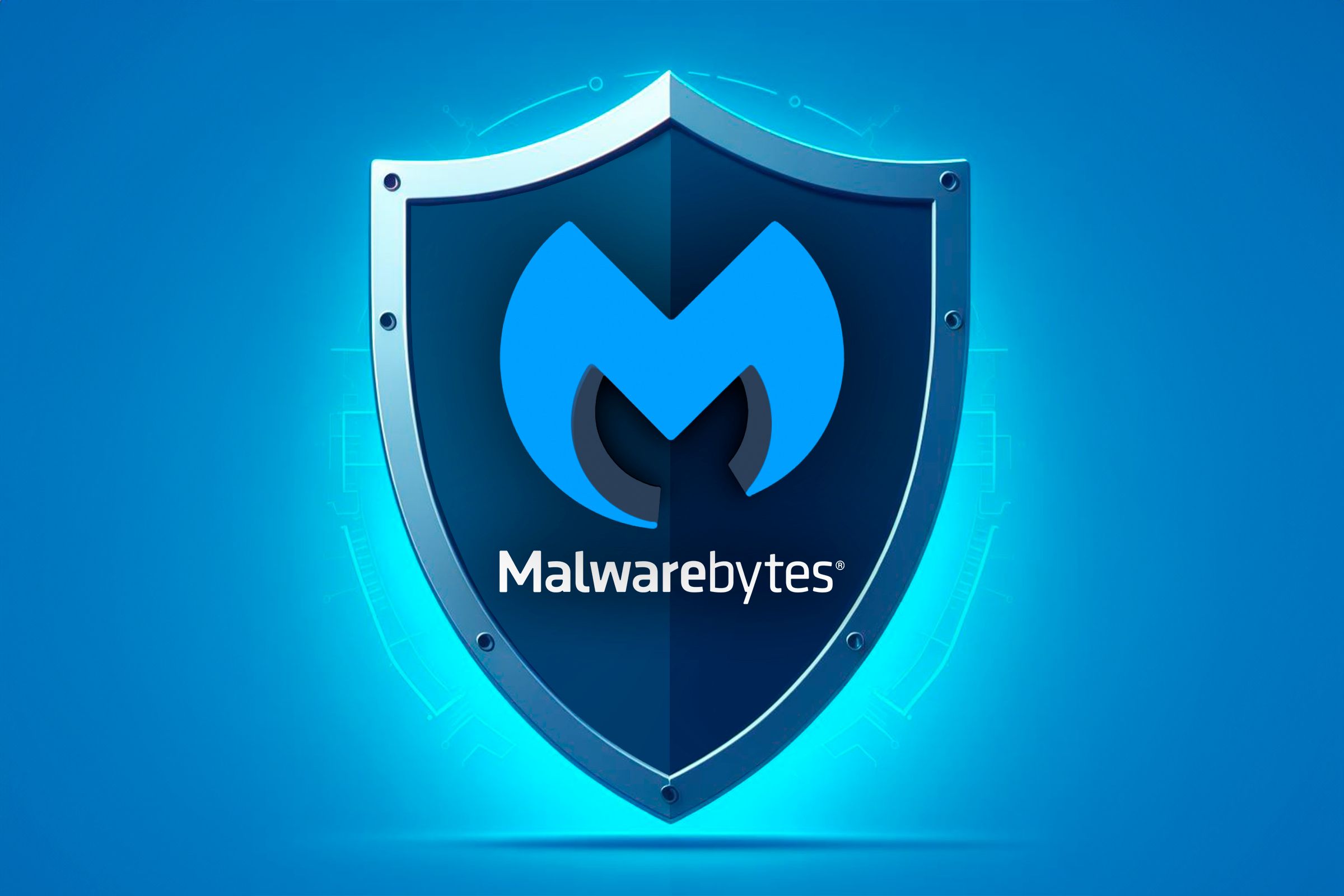Boost Mobile’s 5G Network Buildout Will Take Longer Than Expected
5G
EchoStar, the parent company of DISH, Boost Mobile, Ting Mobile, and other companies now has more time to meet its 5G network buildout obligations. This is thanks to quick action from the Federal Communications Commission (FCC), which hopes to turn EchoStar into the United States’ fourth major mobile provider.
A new “fourth pillar” in mobile networking would fill the void left by Sprint, which was acquired by T-Mobile in 2018. EchoStar has the potential to increase competition, thereby reducing mobile and internet prices for consumers while encouraging technological innovation within the mobile industry. This has been a longtime goal of the FCC, which forced T-Mobile to sell off Boost Mobile (now owned by EchoStar) and other networking assets during its acquisition of Sprint.
EchoStar’s buildout has been relatively successful. The company’s 5G network provides download speeds of at least 35Mbps to over 70% of the U.S. population—it qualifies as a “nationwide” 5G network, per FCC guidelines, and it expects to reach the 80% coverage mark by the end of 2024. EchoStar has also revamped Boost Mobile to use its own network where available, instead of roaming on T-Mobile, AT&T, or another network. However, EchoStar is incapable of meeting future deployment goals for four spectrum blocks (AWS-4, lower 700 MHz E, 600 MHz, and AWS H), AWS-3 licenses, and additional infrastructure milestones in rural areas. The cost of deployment, plus EchoStar’s flatlining revenue in the TV and broadband space, have made previous agreements with the FCC untenable.
A petition to extend EchoStar’s previous deployment goals landed on the FCC’s desk on September 17th. The FCC granted approval just three days later, which is unusually quick for any government organization, particularly the FCC. So, EchoStar buildout goals that were previously set for mid-2025 have now been moved to late-2026, while final construction goals set for 2026 have shifted to 2028.
In a research note published Friday, September 20th, New Street Research analyst and former FCC official Blaire Levin praised DISH’s ability to receive such a fast response from the FCC. However, Levin notes that the petition may have been drafted with “significant pre-negotiation,” as the FCC is desperate to fill the void left by Sprint.
EchoStar’s 5G buildout should be a lot cheaper under this revised framework. Still, the company is in the red. Financial analysts believe that EchoStar will be bankrupt by this time next year if it fails to secure several billion dollars in funding—a $2 billion debt payment is due this November, DISH is hemorrhaging TV and broadband subscribers, and a shareholders’ lawsuit has reduced EchoStar’s ability to bring on investors.
The FCC’s desperate search for a “fourth pillar” in mobile networking might be a lifeline for EchoStar. It’s a venture that could bring in large investments while unshackling DISH from the death spiral of its failing business model. However, this deal is not without risk. Network buildout is an expensive undertaking that requires compliance from shareholders and lenders—two groups that EchoStar is struggling with. And, if EchoStar fails to meet its buildout deadlines, it may face massive fines from the FCC.
Source: EchoStar via Fierce Network















